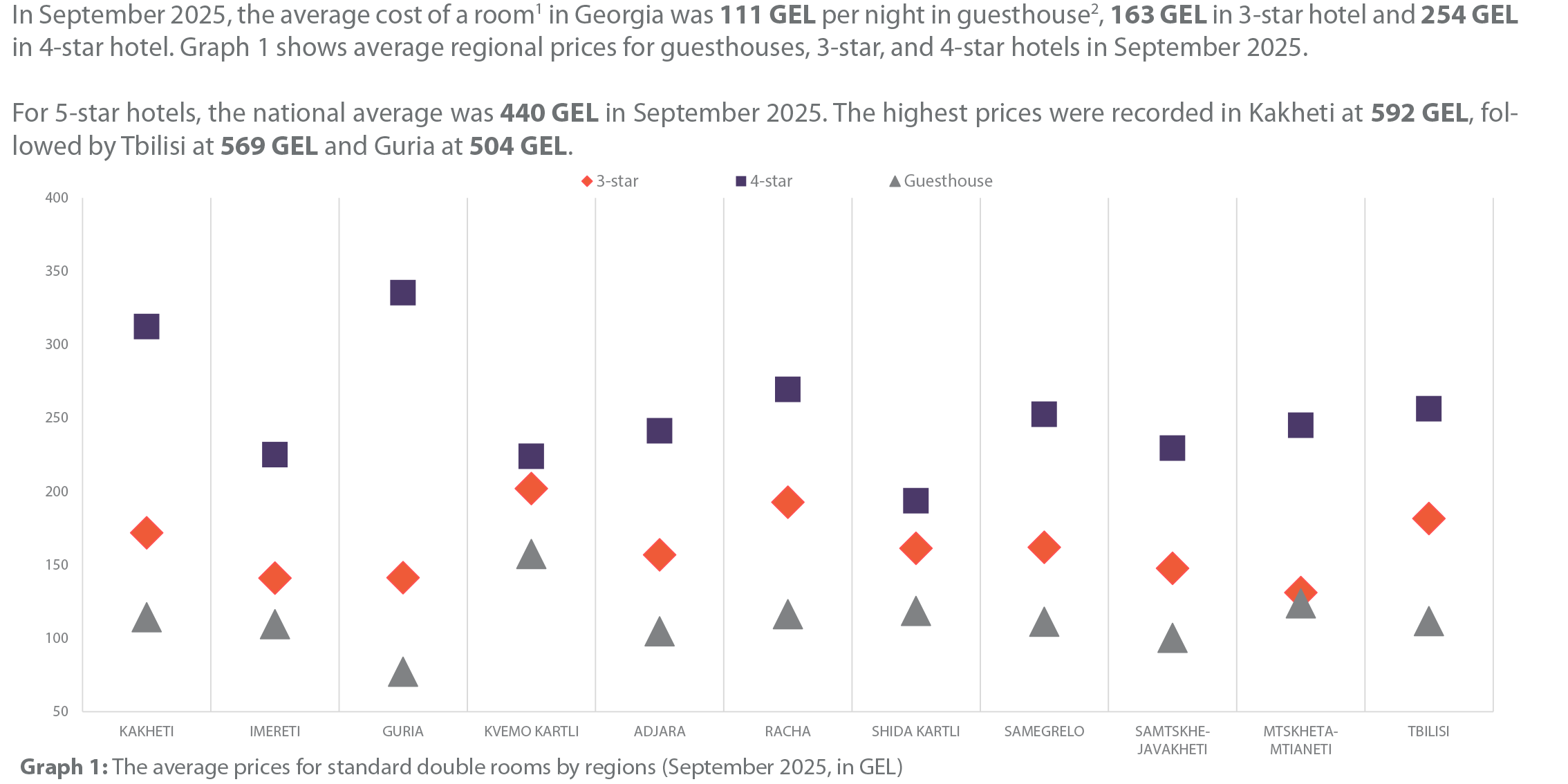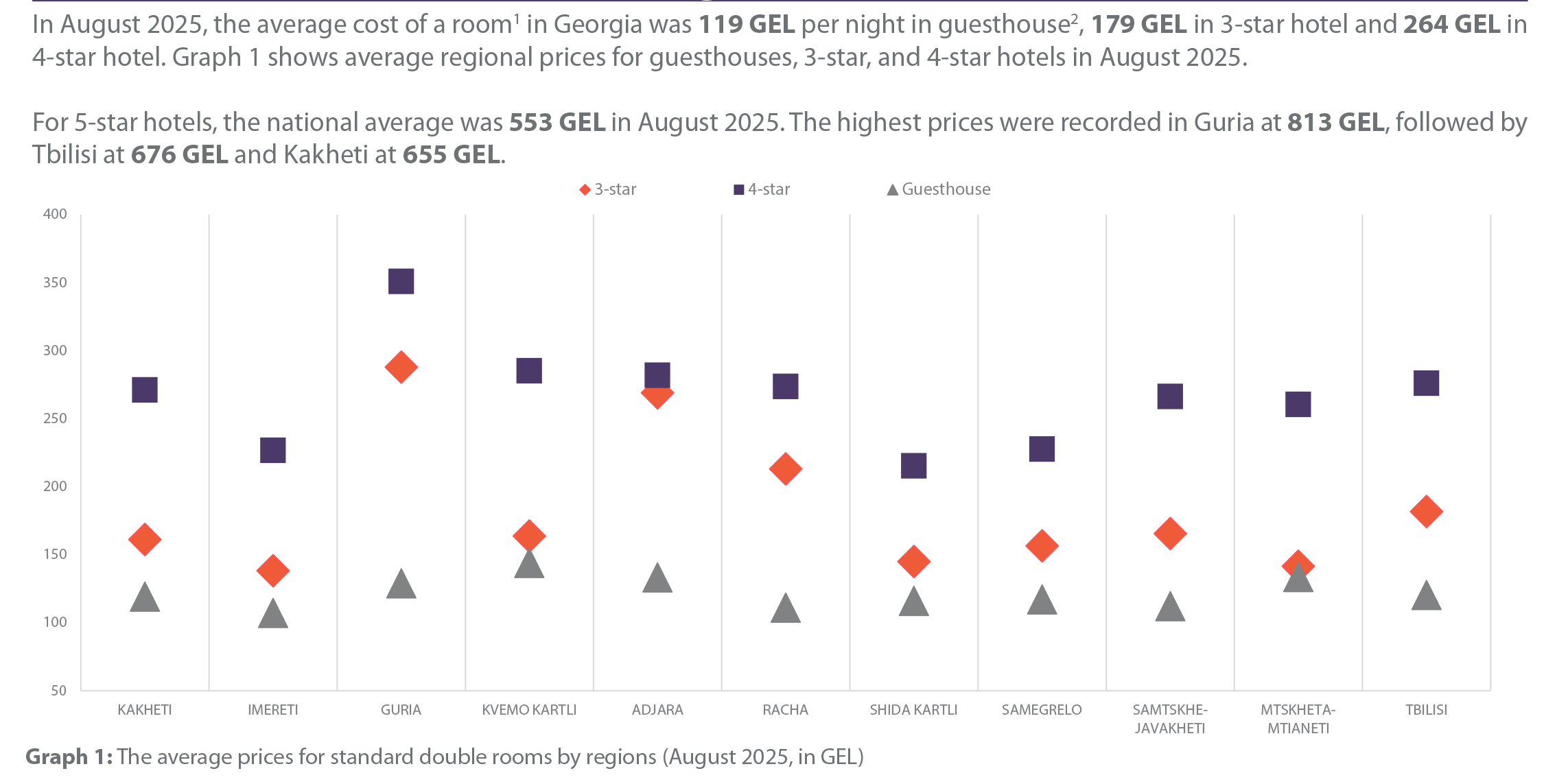Projects
An exploratory Investigation into the Banking Sector of Uzbekistan
The major goal of the project is to conduct a deep and comprehensive analysis of the banking sector in Uzbekistan, primarily using desk research instruments including, but not limited to, the accumulation and analysis of existing data and interviewing experts from both the public and private sectors.
Supporting the Development of the Skills Agency in Georgia
The main objective of this project is to establish the Skills Agency in the Ministry of Education, Science, Culture and Sport of Georgia, in the form of a public-private partnership (PPP), which will be in charge of strategy and reform coordination in the Georgian vocational education and training (VET) sector.
RIA on Choosing New Power Projects for Energy Security or Interconnection
The main objective of this project is to boost Georgia’s energy security by enhancing its legal and regulatory framework. Accordingly, we will conduct a regulatory impact assessment (RIA) on the selection process for new power projects designed to gain increased energy security or for interconnection.
Evaluation of EU’s Support of Civil Society and Media in Jordan
The main objective of the project is to conduct a final evaluation of the EU’s support of civil society and media in Jordan and related projects, paying particular attention to comparing expected results with actual results, pointing out any reasons underpinning disparities between such results, as well as key lessons learned, conclusions and related recommendations in order to improve current and future actions.
Development of Policy Working Groups and Engaging the Government of Georgia (GOG) and Political Parties in the Development of Economic Platforms (PPD)
Implemented within the USAID Economic Security Program, this project aims to accelerate the creation of higher-value jobs as well as the generation of investment, and to increase incomes and revenues for micro, small, and medium enterprises (MSMEs) in the following sectors: tourism, light manufacturing, shared intellectual services, creative industries, and solid waste management.
RIA on Standards for Community Engagement for New Development Projects
The main goal of the project is to contribute to adopting standards that ensure meaningful community engagement that in itself ensures smooth implementation of projects while respecting the rights and interests of the directly and indirectly affected stakeholders. Accordingly, we will conduct a regulatory impact assessment (RIA) on the community engagement standards (CES) for new development projects.
Enhancing the Public Defender (Ombudsman) of Georgia’s Outreach Function
The project is being implemented as part of the USAID/Georgia Human and Institutional Capacity Development 2020 Activity (HICD 2020), the aim of which is to assist the USAID Caucasus Mission in addressing its partner organizations’ administrative limitations and performance gaps that impede the effective implementation of all key reforms including those related to the EU-Georgia Association Agreement, the Open Government Action Plan, and civil service reform.
Competitive Economy Program (CEP)
The main objective of the project is to create a business intelligence module (BIM) for the State Customs Service (SCS) of Ukraine, and to enhance its risk analysis system.
Capacity Development on the Global Compact for Migration (GCM)
Though not legally binding, the Global Compact for Safe, Orderly and Regular Migration (GCM) pursues the normative migration policy objective 10.7 of Agenda 2030 and defines development policy objectives for the management of migration at individual Member State level. The design of regular migration and strengthening the developmental effects of migration often pose a great challenge to migrants’ countries of origin. Key players in such countries have not yet succeeded in harnessing the positive effects of regular migration and of diaspora commitment to their social and economic development.
Review and Optimization of the Organizational Structure of the Georgian Parliamentary Research Center (GPRC)
The project is being implemented as part of the framework of the USAID/Georgia Human and Institutional Capacity Development 2020 Activity (HICD 2020), the aim of which is to assist the USAID Caucasus Mission in addressing its partner organizations' administrative limitations and performance gaps that impede the effective implementation of all key reforms, including those related to the EU-Georgia Association Agreement, the Open Government Action Plan, and Civil Service Reform.














